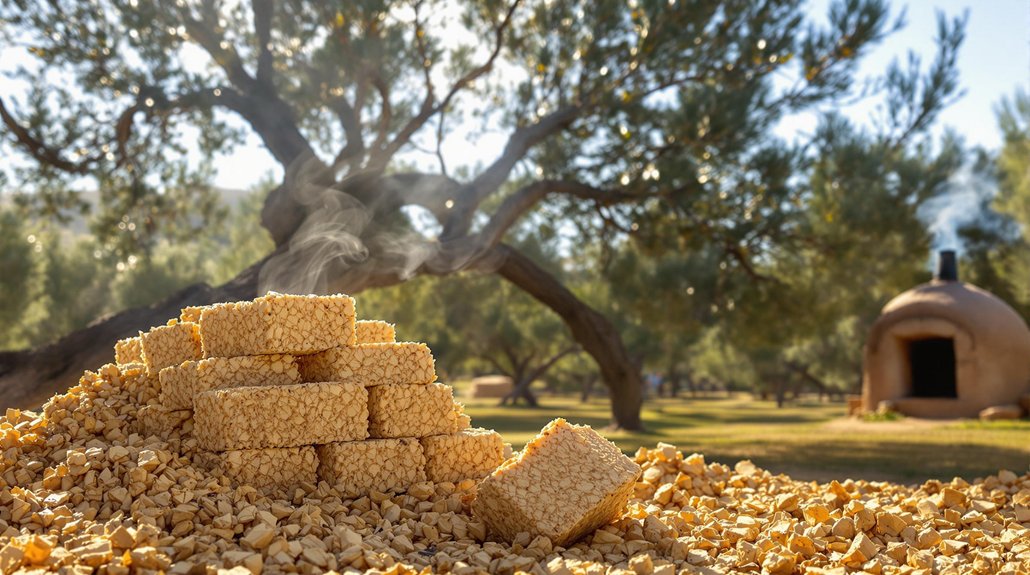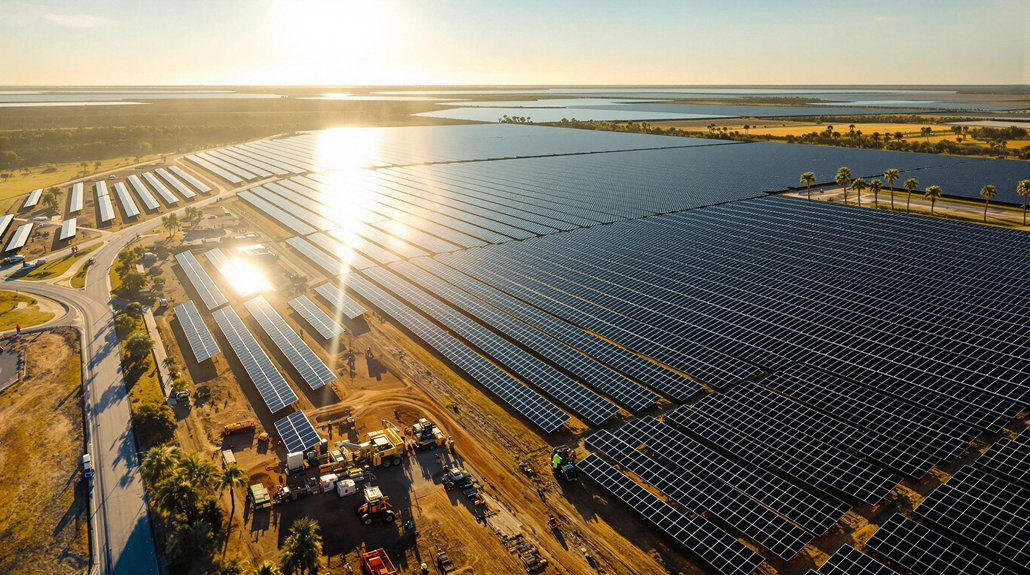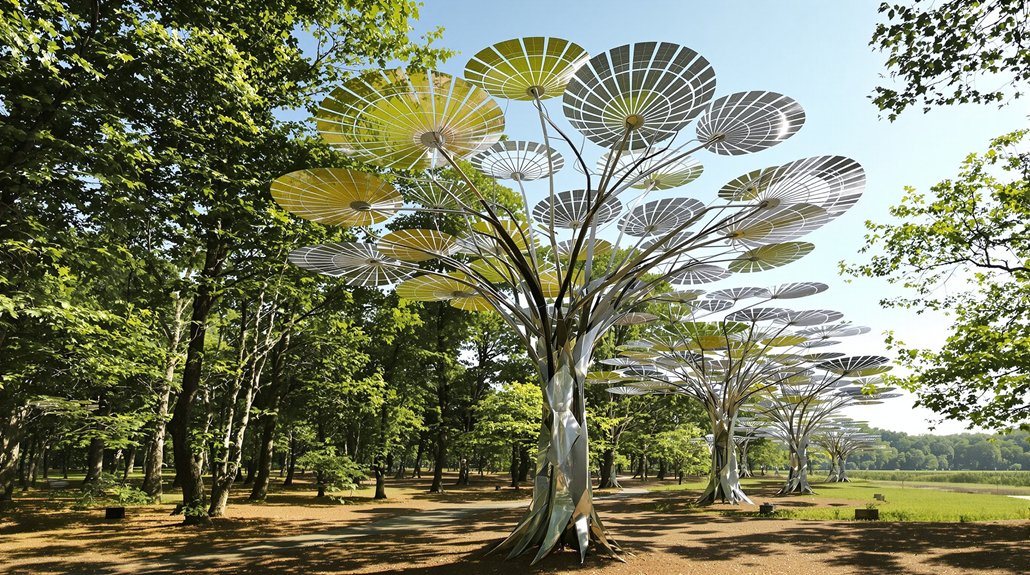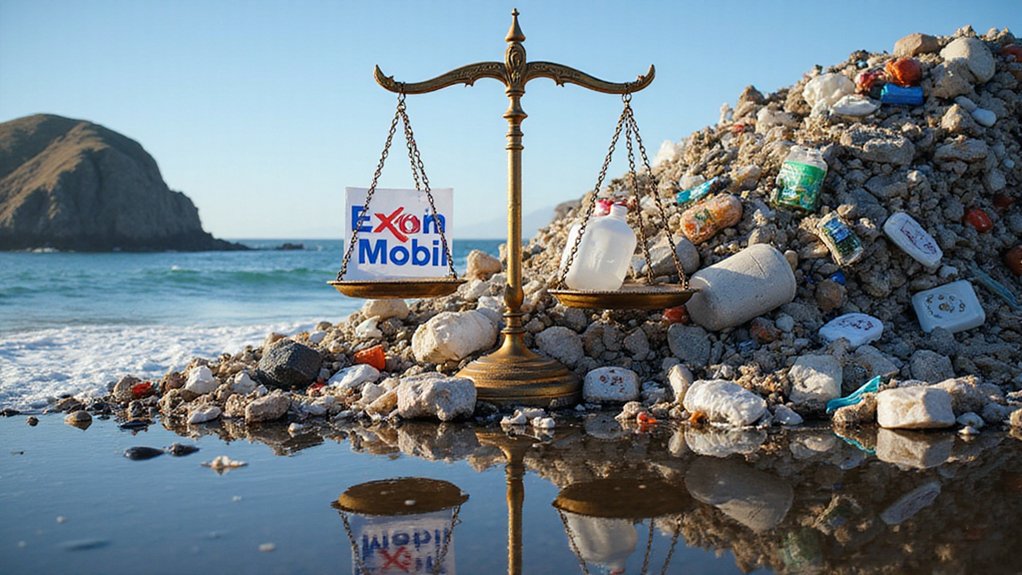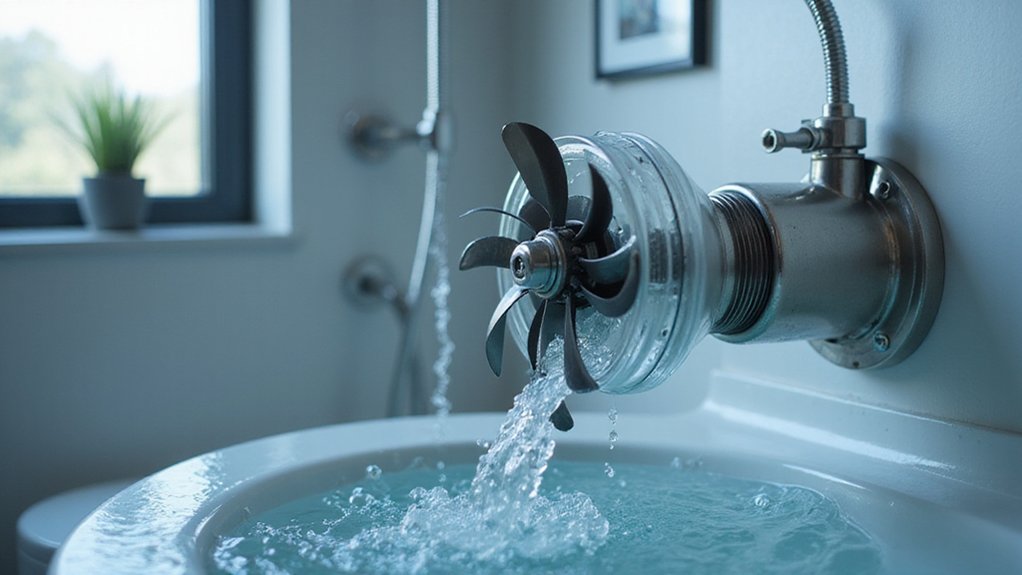Tunisia has turned its olive oil waste problem into an energy solution. Entrepreneur Yassine Khelifi’s company Bioheat converts olive residue into fuel briquettes that burn cleaner than firewood. These briquettes cost one-third less than traditional heating methods and are popular in restaurants for their flavor enhancement. The initiative helps manage 600,000 tonnes of annual waste while reducing carbon emissions and creating jobs. Tunisia’s model shows how agricultural byproducts can challenge fossil fuel dependence.
While Tunisia is known for its golden olive oil exports, a new transformation is taking place with what’s left behind. The North African country, with its 67 million olive trees, has found a way to turn its massive olive waste problem into a clean energy solution.
Tunisia stands as the world’s third-largest olive oil producer, contributing 7% of global production. But this industry creates nearly 2 million tonnes of waste each year, including wastewater, pomace, leaves, and sludge. Instead of letting this waste harm the environment, innovators are seeing opportunity.
In 2022, entrepreneur Yassine Khelifi founded Bioheat, a company that converts olive waste into fuel briquettes. These briquettes burn cleaner than firewood and help reduce deforestation. The company’s specially designed machine creates briquettes with just 8% moisture content, making them efficient for heating and cooking.
“It gives a special flavor to pizza,” say restaurant owners who’ve switched to the olive briquettes. Schools, guesthouses, and other businesses are also adopting this alternative fuel, which cuts heating costs by one-third.
The environmental benefits are significant. By using olive waste instead of wood, Tunisia reduces carbon emissions and protects its forests. The initiative also helps manage the 600,000 tonnes of olive waste produced annually, turning an environmental problem into a resource.
Economically, the olive residue transformation creates jobs and reduces Tunisia’s dependence on imported fuel. The country currently relies on imported fuel exceeding 60% of its energy needs, making local alternatives particularly valuable. Like other biomass energy sources, these olive waste products offer a renewable alternative to fossil fuels while utilizing agricultural byproducts. The company even exports 60% of its products to France and Canada. Bioheat aims to produce 600 tonnes of briquettes in 2025.
The Tunisian government supports these efforts through various initiatives, including a National Action Plan for waste management and the promotion of eco-friendly extraction technology. The Tunisian Ecolabel for bottled olive oil incentivizes producers to adopt two-phase extraction systems that significantly reduce the volume and pollutant potential of residues. The country is also considering a public aid system to encourage more businesses to adopt these sustainable practices.
As Tunisia continues to develop its olive waste industry, it’s creating a model for how agricultural waste can help countries reduce fossil fuel dependence while supporting local economic growth.
